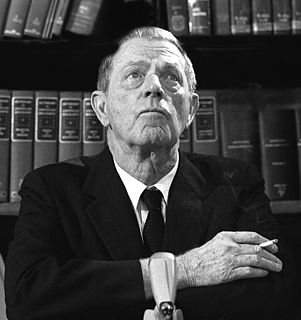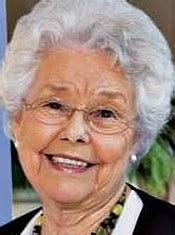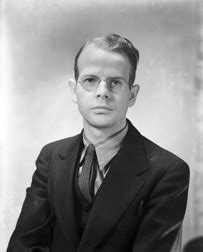A Quote by Erskine Caldwell
Many Southern writers must have learned the art of storytelling from listening to oral tales. I did. It gave me the knowledge that the simplest incident can make a story.
Related Quotes
I remember my father had a sermon he used to preach when we were in Florida, in which he gave a reference to the Southern Cross-about the stars, the colors, in the Southern Cross, which thrilled me very much. I must have been around 5 years old. ... Now, it turns out that the Southern Cross itself does have one red star, together with three blue ones.
Blind Curve, the book I'm working on now, sprang from a crazy incident that happened to me last year while on my book tour. I was pulled out of my car for a minor traffic violation - an incident that escalated into my being thrown into cuffs and told I was going to jail. Except in my story, the hero doesn't get off as easily as I did.
Ancient art has a specific inner content. At one time, art possessed the same purpose that books do in our day, namely: to preserve and transmit knowledge. In olden days, people did not write books, they incorporated their knowledge into works of art. We would find a great many ideas in the works of ancient art passed down to us, if only we knew how to read them.







































